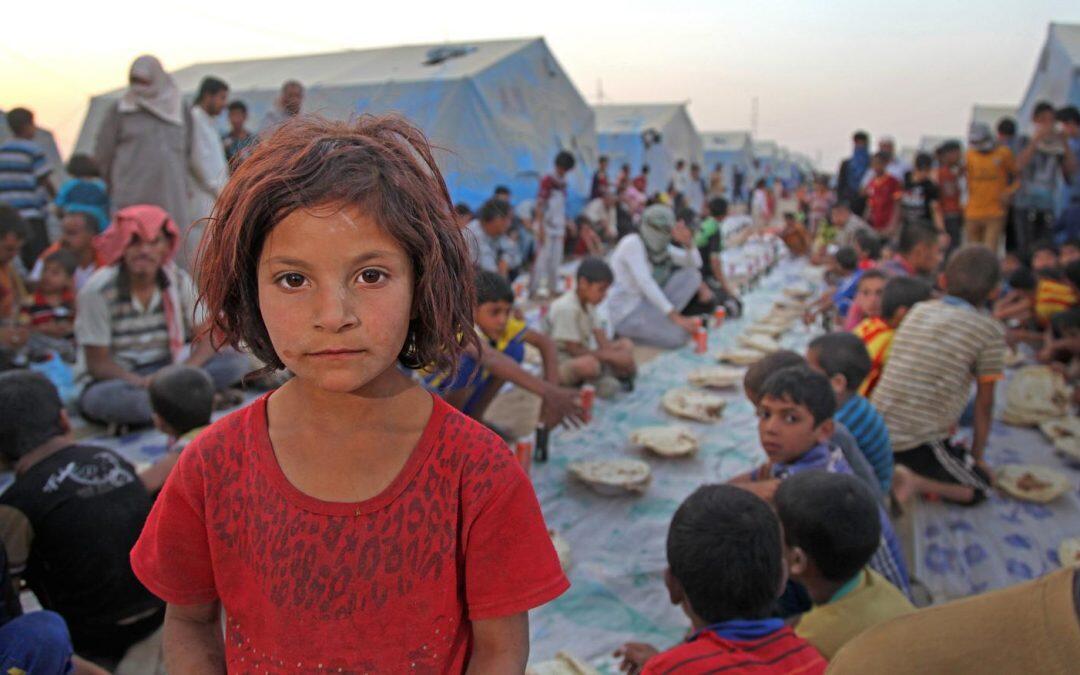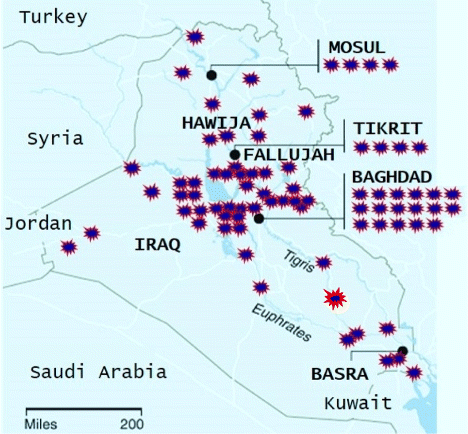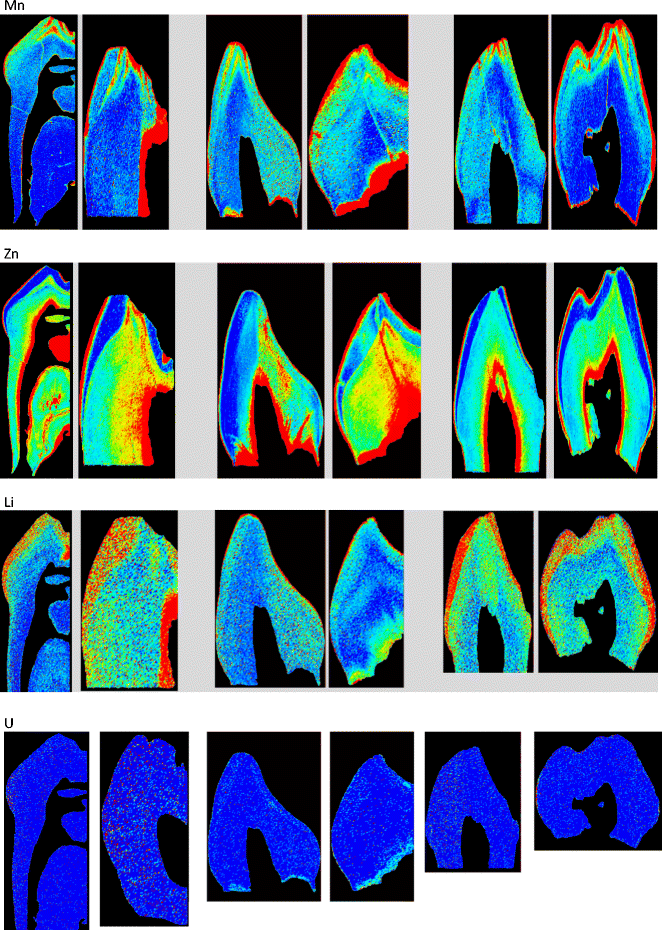The US has not only left Iraq destroyed, but it has also contributed, and if we could say, was the biggest reason for the devastating effects on that beautiful country. Effects are not limited to destroyed homes or orphaned children. They exceed all expectations, to even reach children’s teeth, that contain huge amounts of lead (Pb), according to a new study.
According to Iranian toxicologist and lead author of the report Mozhgan Savabieasfahani, “alarming” levels of lead were found in the “baby” or “deciduous” teeth of Iraqi children with birth defects, compared with similar teeth donated from Lebanese and Iranian children.
The study mentioned that “Basra City, in Iraq, is surrounded by military bases, and it has been the site of numerous military attacks. Beirut, in Lebanon, has seen a civil war and intermittent bombings and military attacks. Isfahan, a south central city in Iran, has not witnessed any military attacks in recent history. We therefore expected to see high, medium, and low metal exposures in the deciduous teeth of children from Basra, Beirut, and Isfahan, respectively,” adding that “Elemental bio-imaging of these selected deciduous teeth can improve our knowledge of prenatal exposures to toxic metals”.
US military bases are highlighted. Basra is surrounded by military bases that have been continuously releasing war-related pollutants, including metals, into the Iraqi environment.
After teeth were donated and prepared to examine (details on the methods used are found in the original study, mentioned above), Quantitative element maps of trace elements in deciduous teeth were created by the single-point calibration LA-ICP-MS method (Hare et al. 2011). Color index represents the range in metal levels from low (dark blue) to high (red).
Lead (Pb), magnesium (Mg), chromium (Cr), manganese (Mn), zinc (Zn), lithium (Li), and uranium (U) in deciduous teeth of children from Iraq (high exposure to war pollutants), Lebanon (intermediate exposure to war pollutants), and Iran (low exposure to war pollutants)
The study also mentioned that “In Iraq today, an epidemic of birth defects is unfolding in many cities (Al-Sabbak et al. 2012). A variety of birth defects, some never seen before, are observed in hospitals routinely by researchers and physicians. Current knowledge is clear in that prenatal metal exposure can lead to birth defects”, adding that “A comprehensive study of birth defects as related to the type of prenatal metal exposure (determined by the use of in deciduous teeth) can contribute to our understanding of how metals cause birth defects in humans. It may then become possible to answer questions regarding prenatal exposures to specific metals which are more frequently associated with certain birth defects.
The main focus of the study, however, is mentioning children’s exposure to Pb (lead) during the military bombardment and occupation of Iraq. The authors of the study found that it was really important to publish it at “an extraordinary period of public awareness concerning children’s Pb poisoning in Flint, Michigan”.
Due to flint, there was an enormous media coverage on the dangers of lead, especially towards children. The study also mentioned that “An American Public Health association publication by Hanna-Attisha et al. clearly states the current knowledge about Pb poisoning in children and that Pb “… is a potent neurotoxin, and childhood Pb poisoning has an impact on many developmental and biological processes, most notably intelligence, behavior, and overall life achievement. With estimated societal costs in the billions, Pb poisoning has a disproportionate impact on low-income and minority children. When one considers the irreversible, life-altering, costly, and disparate impact of Pb exposure, primary prevention is necessary to eliminate exposure” (Hanna-Attisha et al. 2016)”.
So what is requested? In their conclusion, the authors of the study mention that their previous work in Iraqi cities confirm that, as in Flint, Iraqi children have been exposed to comparable Pb, as well as other neurotoxic metals, many in utero (Alsabbak et al. 2012; Savabieasfahani et al. 2015). So, what is needed, they confirm, is Cleanup and preventive measures in Iraqi cities which have endured a huge burden of contamination created by war.
Source: Savabieasfahani, M., Ali, S.S., Bacho, R. et al. Environ Monit Assess (2016) 188: 505. doi:10.1007/s10661-016-5491-0
Changes were made in order to write this article, in reference to the original study.













